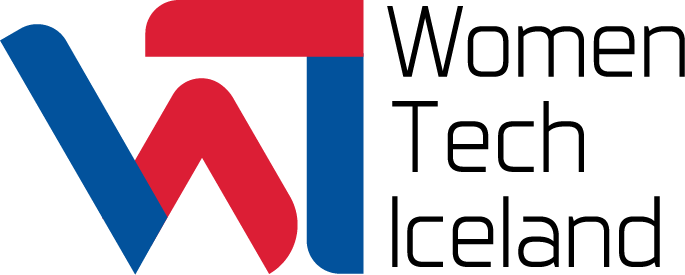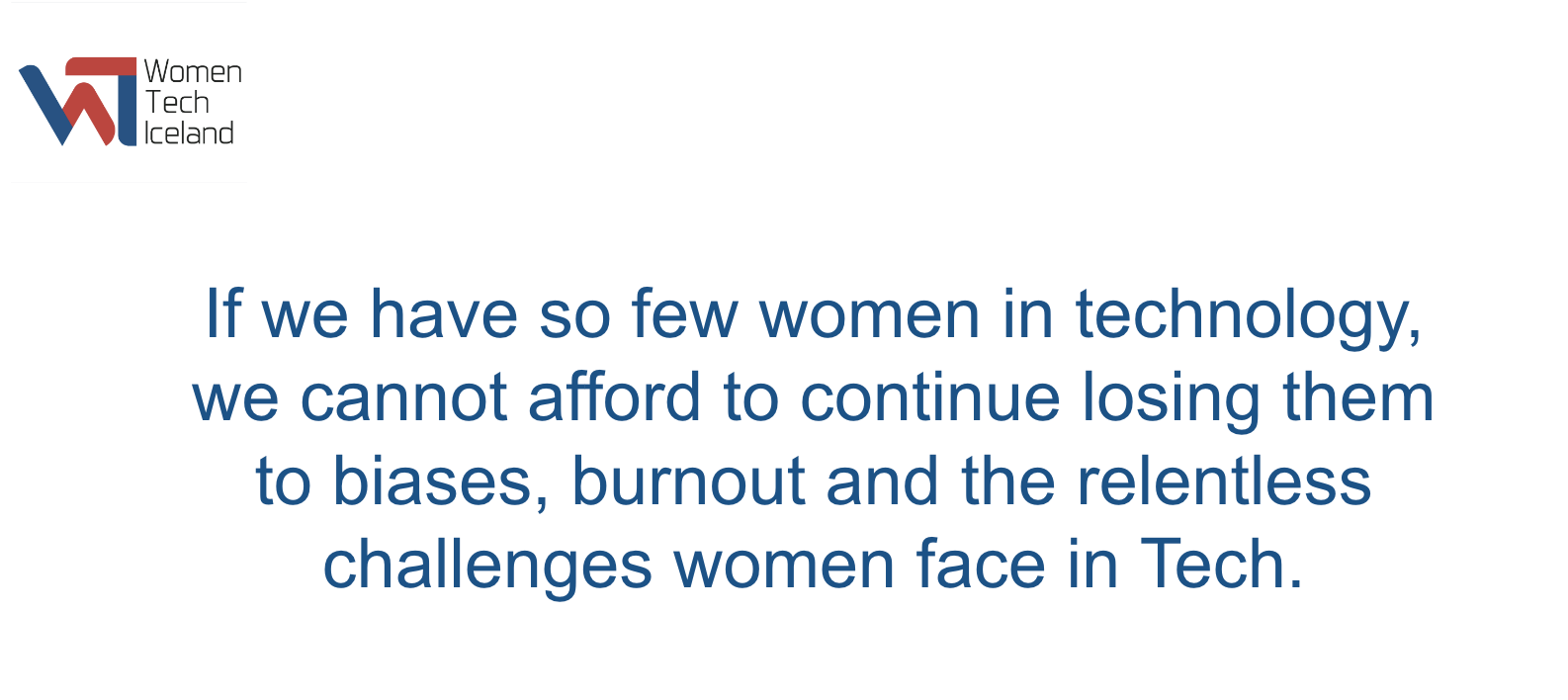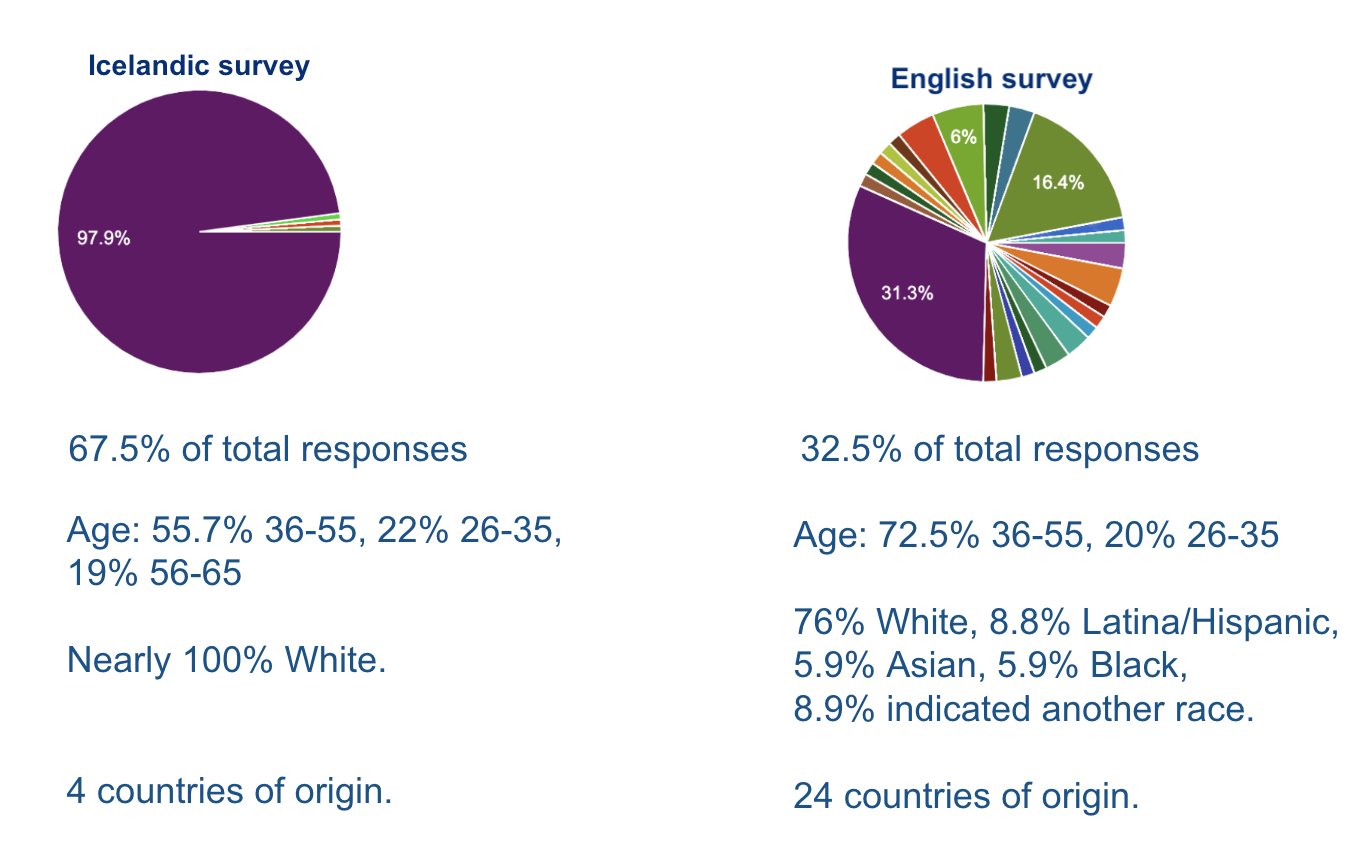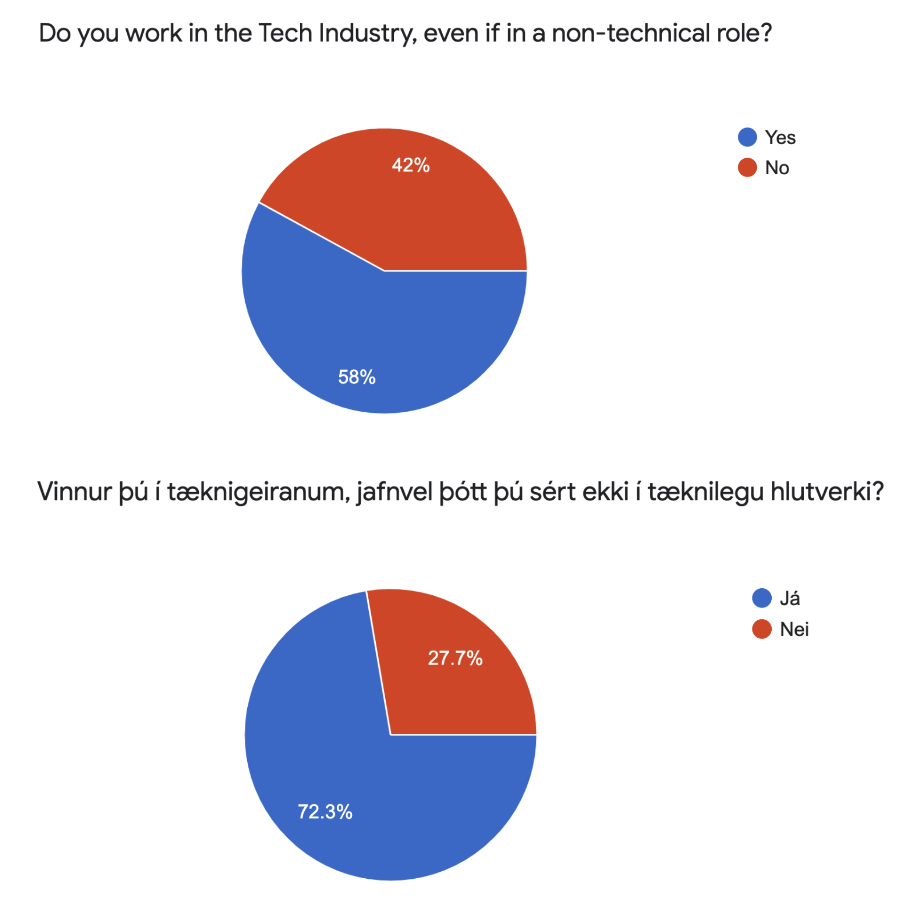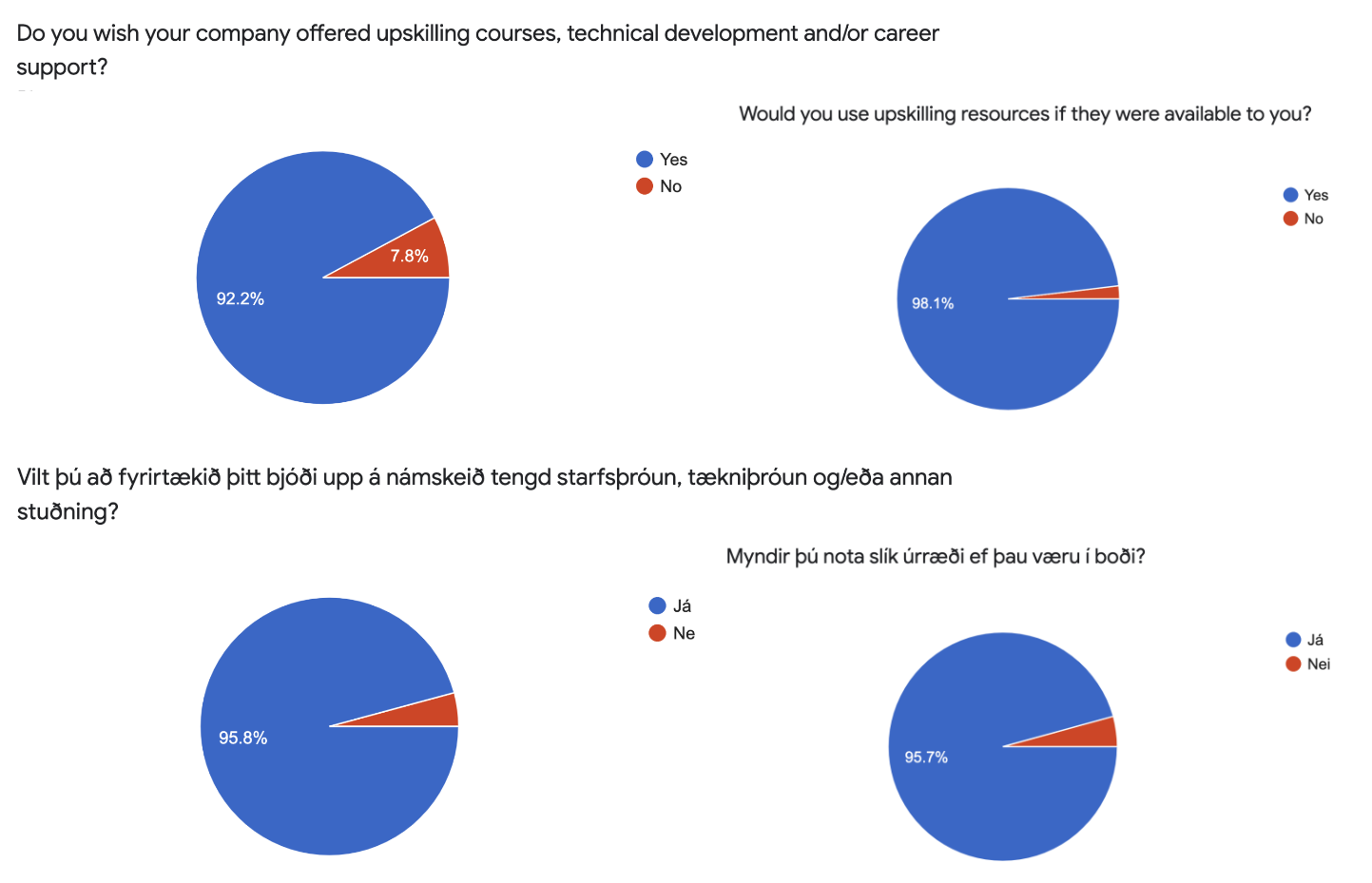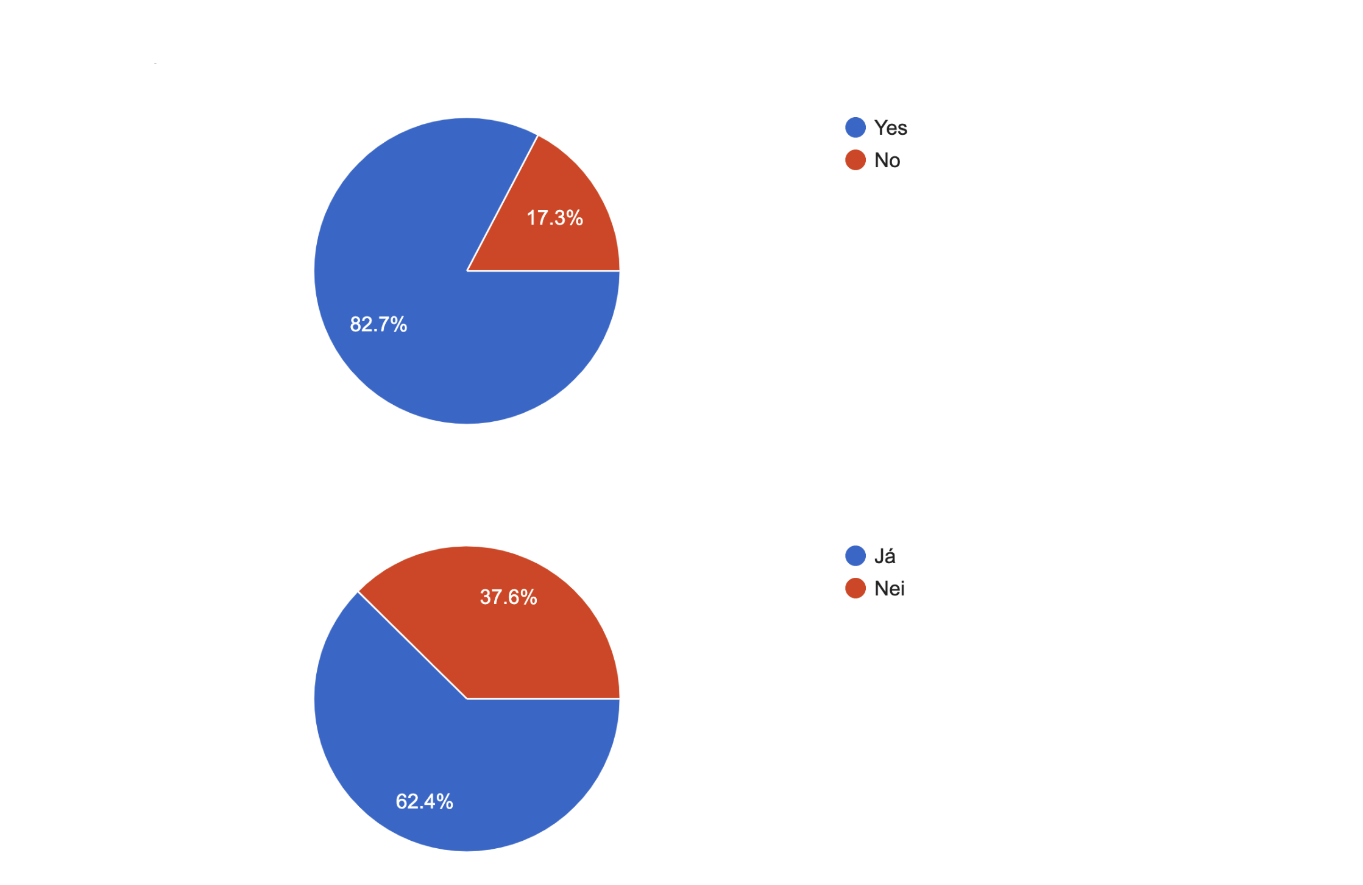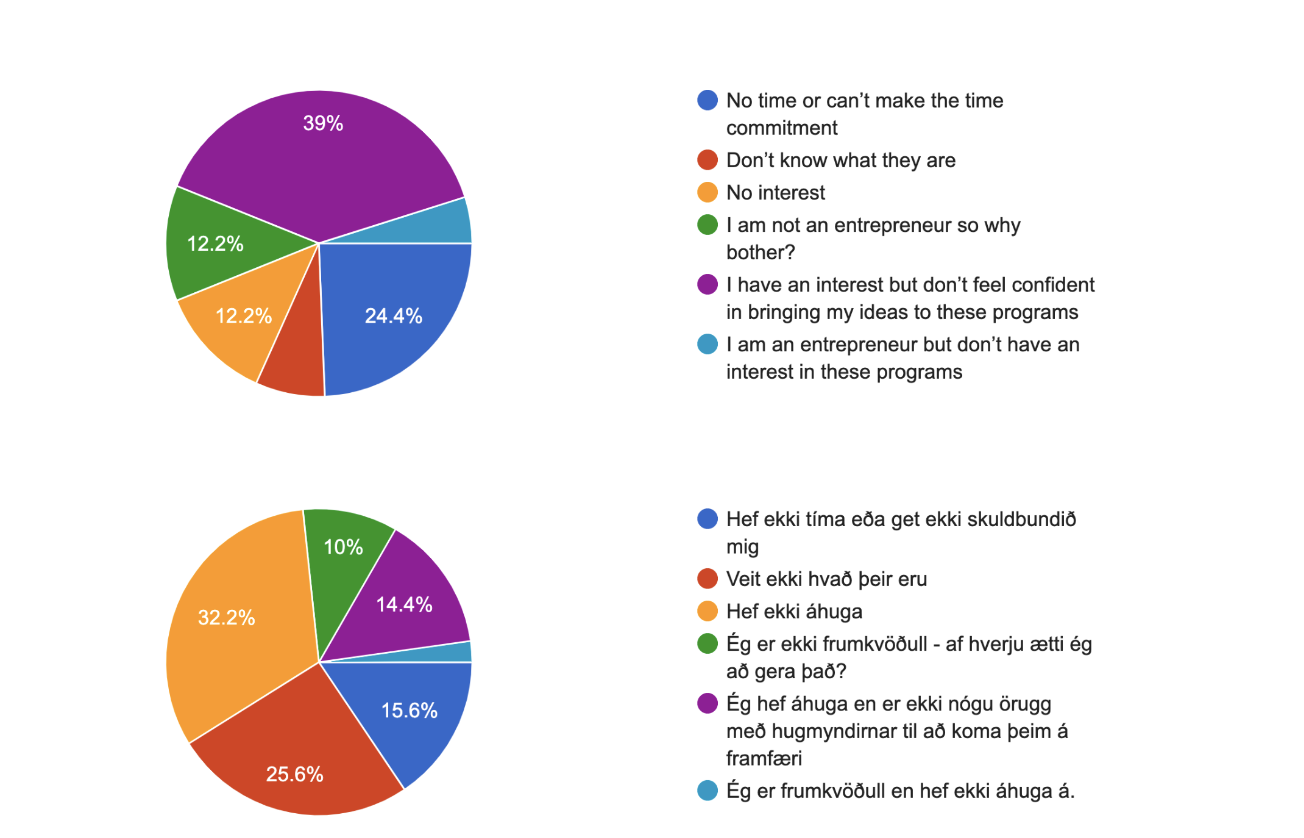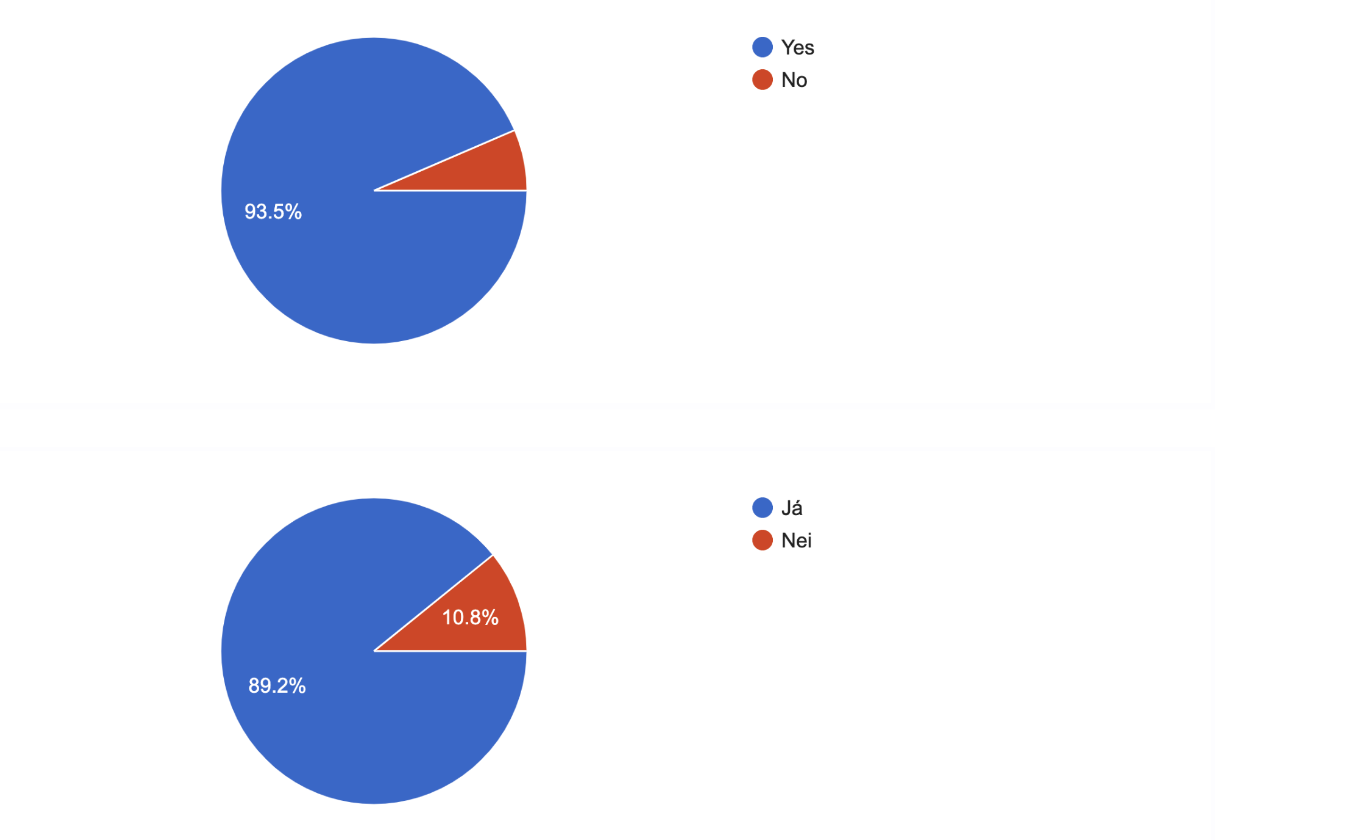International Women’s Day Gender Equality and Technology
Happy International Women’s Day!
We are currently preparing to release our Annual Women in Technology Survey, which will be out later this month. It’s a survey that we launched last year, following community discussions on the need to collect data on diversity and inclusion in Iceland. We want to use International Women’s Day as a platform to speak directly to the 2023 theme from the United Nations, “DigitALL: Innovation and technology for gender equality."
This week’s CSW67 event in New York, attended by a delegation from Iceland, including Prime Minister Katrín Jakobsdóttir and several women and human rights-focused organizations, “will highlight the need for inclusive and transformative technology and digital education.” In her address to the UN, Prime Minister Katrín Jakobsdóttir said:
“We all know that the world as we know it has largely been designed by men, for men. But what about the digital world, where we spend an increasing amount of our time? Who designs the algorithms that have more control over our thoughts and decisions than we care to think about?
Algorithms will be exactly as flawed as their creators, including having built in gender biases. We have a huge data gap when it comes to women’s role in society and AI is based on data. If we do not have data on women and if the algorithms are mainly designed by men, the risk is that new technologies will make our world even more unequal.
Gender equality must remain a top priority regarding innovation and technological change.”
We agree with this statement and will address other key arguments and factors in other upcoming blog posts (tech is not just algorithms and development, as we all know). The dialog we are seeing from CSW67 so far is reflective of the initiatives and conversations we’ve had within the WomenTechIceland community, with members of Icelandic society and government, and with our tech industry partners globally.
Inclusivity is a key aspect of the 2023 UN agenda
As the most diverse tech trade organization in Iceland, inclusivity is a major component of WomenTechIceland’s work. For example, in November 2022, we proposed to the Office of the Prime Minister, via email, the formation of a working group to create solutions to the daunting statistics related to the lack of women of foreign origin in leadership roles in Iceland, following the Gender Equality Forum (Jafnréttisþingi 2022) at Harpa.
Likewise, the data we are attempting to collect from the Women in Tech survey can help inform many initiatives, within and outside of WomenTechIceland.
Women in Tech Survey Results 2022
For example, our 2022 Women in Tech survey results shed light on the perceptions of technology among women in Icelandic society. Upskilling, education, as well as the gaps, drawbacks, and opportunities, were discovered and discussed.
We thought we’d reshare some of these key findings.
We surveyed folks in Iceland through 3 survey languages: English, Icelandic, and Polish (The Polish survey was issued late and therefore had no responses).
We also asked whether or not they worked in tech. Most did, but a lot more English survey respondents did not, compared to Icelandic survey respondents.
We then asked if their companies offered upskilling and career support. There was a notable difference between English survey respondents and Icelandic survey respondents. Over 85% of Icelandic survey respondents indicated their companies offered support, compared to 62% of English survey respondents.
Leveraging learning resources
Respondents of both the Icelandic and English survey overwhelmingly indicated they wished their company offered upskilling courses, technical development, and/or career support. They said they would use these resources if available to them.
Willing to pay for upskilling opportunities
English language respondents were more likely to pay for upskilling than respondents who answered the Icelandic survey. Both indicated a stronger willingness than not.
Leveraging hackathons, incubators, and accelerators
Folks answering the English language survey indicated a lack of confidence and lack of time as the dominant reasons for not participating whereas respondents to the Icelandic survey either had no interest, no idea what are these programs, or no time.
If you haven’t participated in them, why?
Attrition from tech among women
We asked open-ended questions such as: if the respondent did work in technology but left, what caused them to leave. Here are some of the larger responses:
Sexism / chauvinism / misogyny
Not feeling as valued or heard as male colleagues
Constantly having to keep up with rapidly changing technology
Stress, long hours, and non-technical teams drive deadlines
Wanting to focus on tech but ending up project managing and “momming” male colleagues and managers.
No focus on the potential downside/ impact of technologies being developed.
Designations thrust upon women, further segment them from their male colleagues, which can be both exhausting and reinforce bias and discrimination.
Hidden factors
Thorey Vilhjalmsdottir and Dee Thomsen of Empower ehf. have spoken publicly on the traction Iceland has made on the macro level concerning gender equity and how this is not reflected in the micro issues: What’s Not On The Org Chart (hint… the boys' network). This significantly impacts the advancement of women and their ability to have an equal stake in Icelandic business and society.
Discussions within the WomenTechIceland community reflect that this is also considered an issue for women and folks of foreign origin in the tech sector.
Good news! Women who left tech ARE willing to come back.
We asked respondents if they left the tech industry, would they consider coming back. Overwhelmingly, they responded yes on both language surveys! This is great news! But what can be done to get these folks back? We (and they) have some solutions.
10 solutions to getting and keeping women in tech
We cannot continue to expect women, immigrants, and BIPOC individuals to educate and educate and educate themselves without ACTIVELY removing the very barriers we are upholding that are preventing their success on our dev teams, our marketing teams, our operations teams, our executive teams, and on our boards. In tandem, we must open the doors of opportunity to the full diversity of society. Here are a few ways to move forward:
Stop enabling toxic leaders, and colleagues, the inhumane stress, and egregious hours that collectively cause women to avoid or leave in the first place.
Enable an entry point for candidates with beginner and moderate skills.
Create a culture of knowledge-sharing.
Define roles and responsibilities and how they may adapt over time.
Provide clear career paths and ops to support skill acquisition.
Encourage self-sought education and training through work.
Hire the skilled “people of foreign origin” who already live here and commit to creating an inclusive environment they can thrive in.
Stop putting out job descriptions for junior roles with the expectations of an entire department.
Assume realistic roadmaps and deadlines, account for periods of rest to mitigate burnout.
Nurture a skill pipeline and connect with organizations that support the talent funnel.
Statistics and data
Statistics and data are available but not always in a comprehensive format. In most cases, you have to dig to find them. Then, you have to compile multiple years of data to surface trends. Creating readily available, commonly needed, multi-year reports to a clean, easily readable landing page could help. After all, if we track the trends and issues, we’re better able to address the problems.
MEASURE
Make statistics easy to find. Track. Measure. Publish.
We implore the universities, Hagstofa, and other organizations to publish their data in a comprehensive and central location, without the need to individually compile and search their data. Companies and public sector orgs can do this internally too.
Solutions for Hackathons, Accelerators and Incubators
WomenTechIceland ran a successful program in 2022. Here’s what we did, and you can do, to attract a greater diversity of participants and mentors:
Adapt the programs to support women in their endeavors.
Offer a series of panel discussions, workshops and discussions leading up to the incubator to educate and spark interest.
Use supportive, welcoming language and graphics.
Add a “what support do you need” question in the application and use it to adapt the program:
short working days on weekends, a hybrid in-person/online schedule, limit the time frame, focus on ideation, share network of mentors and connectors, support and understand life challenges, communicate child-friendliness.
Solutions for the tech and business leaders
Upskilling leadership impacts ALL team members, not just women. Fostering environments where employees are not exhausted and always in a state of alarm produces far greater economic output.
Tell us, what upskilling are YOU doing to improve how YOU lead and to address and correct YOUR biases:
List who and what has enabled you to acquire your position or capital?
What support structures, paid and unpaid enable you to work long hours, upskill, and pursue career goals and entrepreneurial endeavors?
If you have children, who are the people caring for your children?
In looking at your teams, do they all look like you? Do you view people on preconceived notions?
Do you actively or passively exclude employees from upward mobility?
Do you trash CVs with foreign names?
Do you create relationships with community interest groups, outside of your companies (not just on career day, International Women’s Day or the host of other days and months of recognition for various underrepresented groups)?
Shareholders and LPs: ask yourself why YOU aren’t demanding this. If you can sue a company that you suspect isn’t doing its best to maximize your returns /profits, yet, you’re not demanding more women in decision-making roles, are you truly looking out for your investments? The numerous amounts of data that show women-led and mixed-team companies outperform men-only, men-dominant and men-led companies is clear. We invite you to demand better.
In conclusion
While there is a strong desire for both new folks and folks established in their careers alike to upskill into and within tech, we must make inclusion and equitable opportunity core to the function of organizations and organizational culture.
Education has never been more accessible for organizations, employees, and job candidates. Invest in our collective future by investing in increasing access to opportunities, sponsoring and encouraging education, and choosing to make a welcoming space for diverse teams and leaders.
